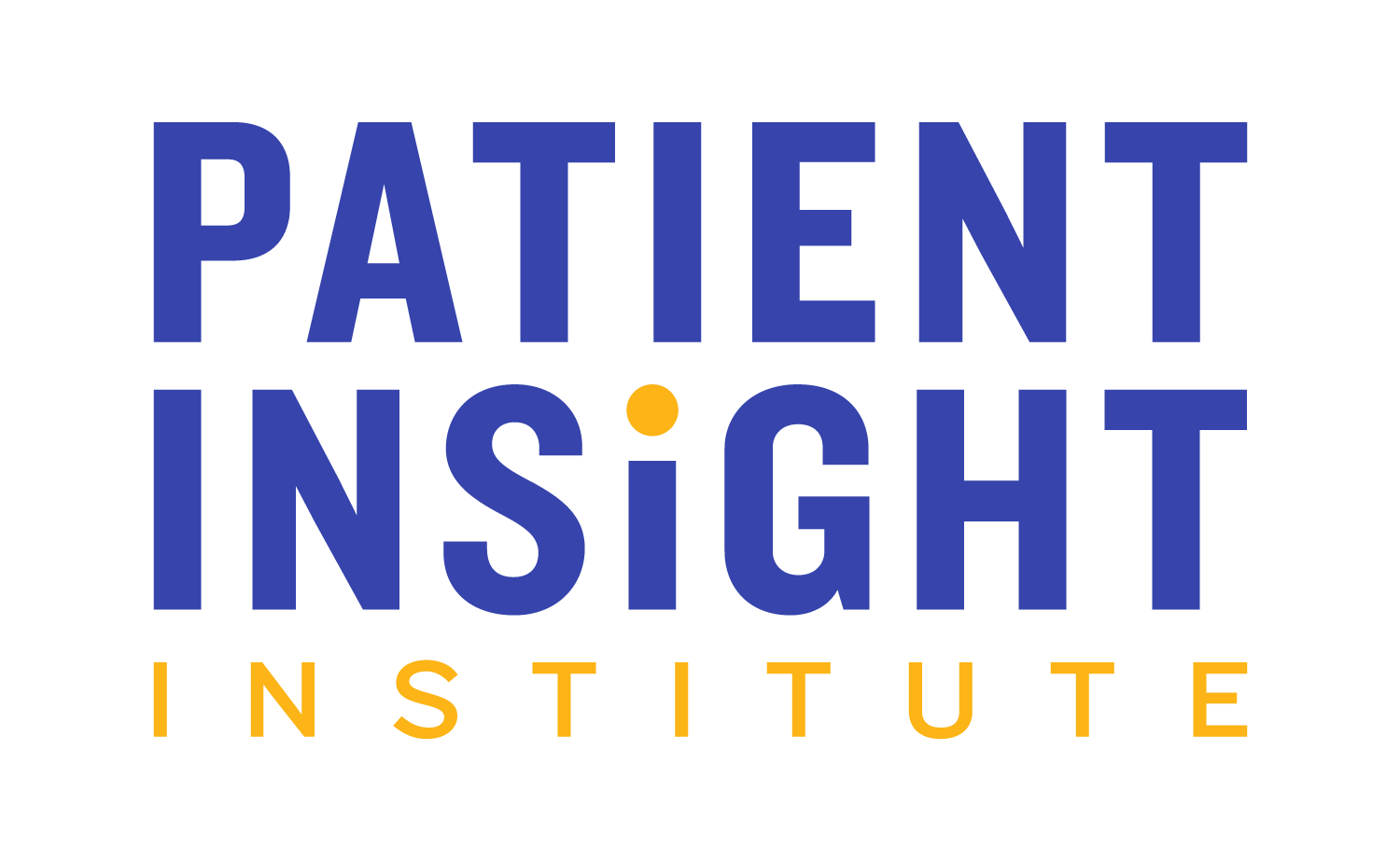
Learning Communities
Patients + Partners = Insights
-

MA Patient & Community Review Board
Organized by the Massachusetts Coalition for Serious Illness Care in partnership with the Patient Advocate Foundation (PAF), the goal of the Board is to ensure that our healthcare systems are investing in research and programs that best serve the needs of communities across Massachusetts. The Board focuses on reviewing research and programs about people with complex or chronic illnesses and conditions.
-

Social Need & Equity
Patients and caregivers face a variety of challenges in accessing and affording care in addition to facing a variety of non-medical hardships that come along with a complex or chronic condition. Researchers are busy working on projects that address these social needs related to healthcare, but they need the expertise of patients who have navigated these challenges.
-

COVID-19
This learning community is building a group of patients, caregivers, and researchers and connecting these stakeholders in person-centered, engaging, and interactive workshops. These workshops will include communication skills and team-building training that expands engagement capacity for all stakeholders.
Our Learning Communities are designed to:
be an incubator for patient-driven health innovation
develop equitable solutions that simplifies healthcare for everyone
build, grow, and nurture a learning community of patients, caregivers, and healthcare partners
Our patient community has co-designed patient and researcher facing tip sheets for engagement.
Click below to download.
FAQs
-
Learning Communities bring patients and caregivers together with other partners (e.g., researchers, providers, policy makers, industry leaders, etc.) to explore a topic that impacts how we interact with our healthcare system. Members of a Learning Community will share their lived experiences, identify gaps, problem solve, and co-create resources that can help transform research, care, and policy.
-
Engaging patients and caregivers as equitable partners — as opposed to research subjects — can improve research quality, heighten impact, enhance the public perception of research, and improve the applicability of research for addressing real-world problems.
Patient engagement in research also changes how the team approaches the topic and defines the problem. Involving patients on the research team early in the research process encourages scientists to value topics important to patients, define research questions that resonate with the patient community, and design research protocols that are responsive to the patient experience. Continued engagement with patient partners throughout the end of a project ensure that the research findings are interpreted and communicated in ways that resonate with broad and diverse audiences.
-
It is beneficial for patients and caregivers to participate in research to ensure that:
The research being conducted best addresses their priorities
Patient and caregiver experiences are adequately understood and acknowledged
Improvements and research parameters are grounded on the lived experiences/ expertise that come directly from patients and caregivers
-
As a patient or caregiver looking to engage in research, consider this:
Locate and respond to authentic/trusted patient partner engagement requests. Patient Insight Institute works to connect patients with these opportunities.
Ask how co-collaborators are meeting patients and caregivers where they are
Join a Learning Community and actively engage with your workgroup members
Attend regularly scheduled listening sessions (upcoming events can be found here)
-
We have designed a few trainings to build your knowledge base and hone your skills needed for research collaboration:
Get started on PCORI’s Research Fundamentals self-paced, online training using the Quick Start Guide
-
Patient-Centered Outcomes Research (PCOR) is a broad category of research— focused on answering questions and studying outcomes that are important to patients, caregivers and other healthcare partners stakeholders.

Join us!
Are you a patient, caregiver, or professional health partner that wants to join a Learning Lab?
Do you want to use the insights generated from our groups to inform your research, advocacy, or policy project?
Message us for more information.

